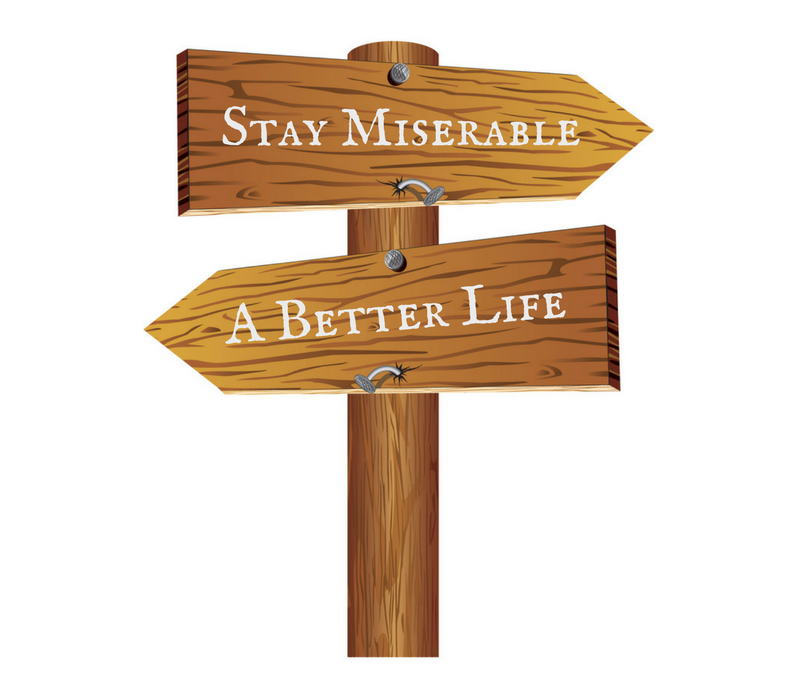
Venting Can Be Good – Or Destroy Relationships
“Venting” is today’s safe word for gossip. In reality, venting is about a quick release of emotion so we can problem-solve the situation.

“Venting” is today’s safe word for gossip. In reality, venting is about a quick release of emotion so we can problem-solve the situation.

This is the time of year that every personal development writer starts using a dirty word: Goal. This year, I’m rebelling. I’m not setting any goals.

It’s exciting to witness that moment when someone realizes that their diagnosis means that a better life is possible for them.

When we rely solely on the Bible and prayer, we deny that God gave us all of his creation for our use. Our supernatural God uses ordinary means to heal us.

It’s fascinating how often we think about our disorder as something that we caused. The idea of “normal” is probably one of the most toxic stigmas out there.When we stop and think about it, we know it doesn’t exist. In reality, we all deal with something, whether it’s a mental illness or a serious health issue.

Controlling situations takes away a level of worry and anxiety I’ve often experienced. Then I learned something: Control issues aren’t about control.

One piece of standard advice from mental health professionals to those on the road to recovery is to start giving. Sure, I’ve had a few moments when I’ve been glad I volunteered, but I’ve also felt resentful of the imposition on my time. Resentment and a giving heart do not go hand-in-hand. This time was different.

“It’s probably just me” properly translates to a much more powerful phrase: “I’m the only one, and I’m all alone.” It’s not true. You aren’t alone.

While medication, good diet, and consistent exercise are important in treatment, there is another component that is equally important: Talk therapy.

Just a few days past my 40th birthday, my first mammogram came back with red flags. I couldn’t believe; I’m tired of having relatable experiences.

“Did you know that ‘you’re so sensitive’ and ‘you’re so intense’ are phrases commonly associated with people who have bipolar?”

“Before we can determine what else is going on, we need to address your depression.” The blood drained out of my face. Depression? Of all the outcomes I expected from this appointment, a diagnosis of “depression” wasn’t even on the list. It’s just not how I thought of myself. Maybe at other times of my life, but not now.”

“It’s probably just me” translates to a more powerful phrase: “I’m all alone.” This is the evil that hides in mental illness.